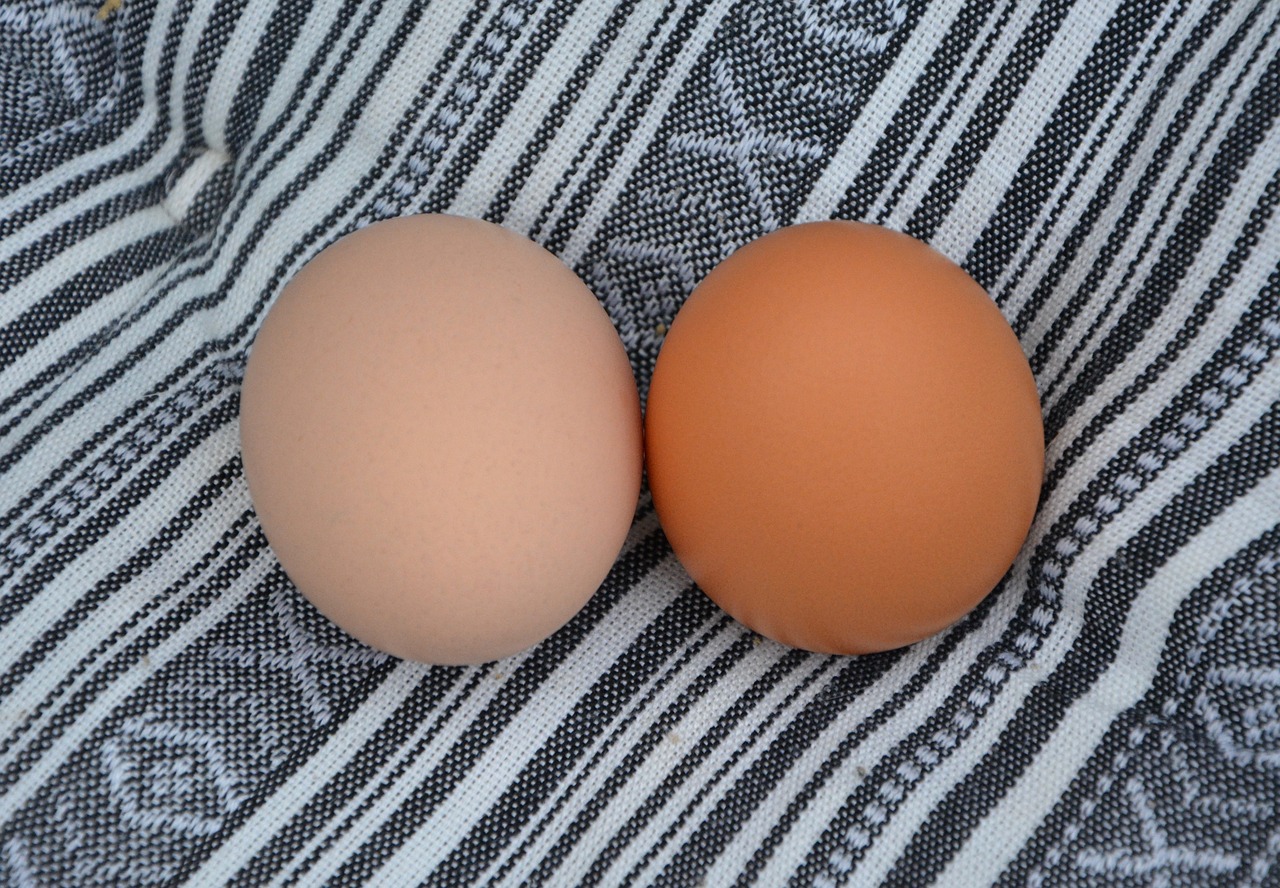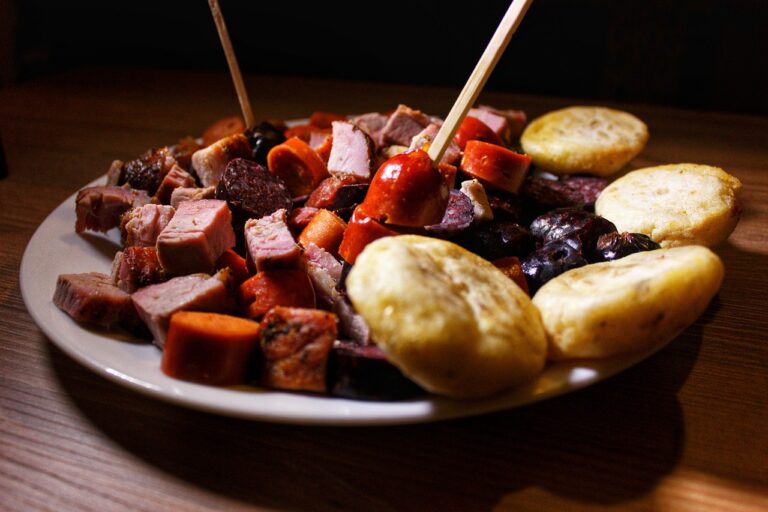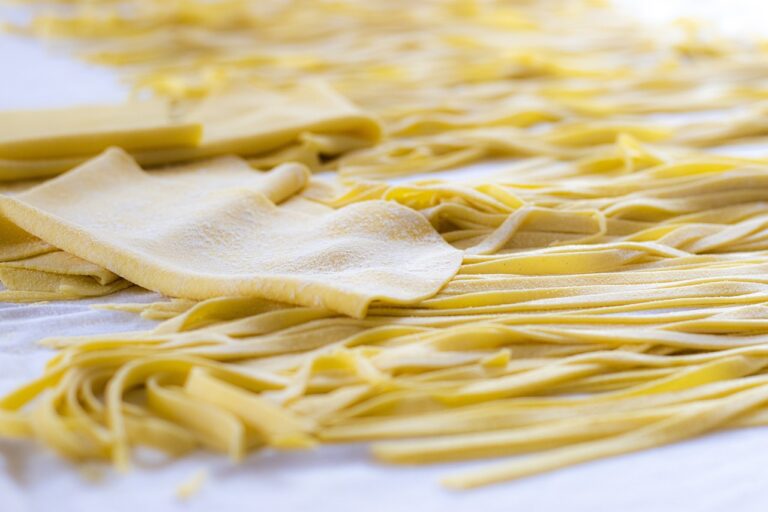Exploring the Use of Food Additives in Frozen Pizza
sky247, diamondexch9, tigerexch247: Frozen pizza is a popular convenience food enjoyed by many individuals around the world. Whether its a quick dinner after a long day at work or a late-night snack, frozen pizza offers a convenient and delicious option for satisfying hunger cravings. However, have you ever stopped to think about what goes into making that frozen pizza taste so good? One key component of frozen pizza is the use of food additives.
Exploring the use of food additives in frozen pizza can provide insight into how these ingredients enhance the flavor, texture, and shelf life of this beloved convenience food. In this article, we will delve into the world of food additives, examining their role in frozen pizza production and addressing common questions and concerns surrounding their use.
What are food additives?
Food additives are substances added to food products during processing or preparation to improve their quality, appearance, taste, and shelf life. These additives can be natural or synthetic and serve various purposes, such as preserving freshness, enhancing flavor, improving texture, and adding color.
In the case of frozen pizza, food additives play a crucial role in maintaining the product’s quality and ensuring that it meets consumer expectations. From emulsifiers and stabilizers to preservatives and flavor enhancers, a variety of food additives are used in the production of frozen pizza to achieve the desired taste, texture, and appearance.
Common food additives used in frozen pizza
1. Emulsifiers: Emulsifiers are additives that help stabilize and blend ingredients that would not normally mix together, such as water and oil. In frozen pizza production, emulsifiers are used to create a smooth and uniform dough that rises properly and bakes evenly.
2. Stabilizers: Stabilizers are additives that help maintain the structure and texture of food products. In frozen pizza, stabilizers are often used to prevent ingredients from separating during freezing and cooking, ensuring a consistent and appetizing final product.
3. Preservatives: Preservatives are additives that help extend the shelf life of food products by inhibiting the growth of bacteria, mold, and other microorganisms. In frozen pizza, preservatives are used to prevent spoilage and maintain freshness during storage and transportation.
4. Flavor enhancers: Flavor enhancers are additives that intensify and improve the taste of food products. In frozen pizza, flavor enhancers are used to enhance the natural flavors of ingredients, creating a more appealing and satisfying eating experience.
5. Colorants: Colorants are additives that are used to enhance the appearance of food products by adding or enhancing their color. In frozen pizza, colorants may be used to give the crust a golden brown hue or to make the toppings look more vibrant and appetizing.
6. Dough conditioners: Dough conditioners are additives that help improve the texture, structure, and handling properties of dough. In frozen pizza production, dough conditioners are often used to make the dough more elastic, easier to work with, and able to withstand freezing and baking processes.
The role of food additives in frozen pizza
Food additives play a critical role in the production of frozen pizza, ensuring that the final product meets consumer expectations for taste, texture, and appearance. From maintaining freshness and preventing spoilage to enhancing flavor and improving shelf life, food additives are essential components of frozen pizza production.
Without the use of food additives, frozen pizza would not be able to achieve the desired quality and consistency that consumers have come to expect. By carefully selecting and incorporating the right combination of additives, food manufacturers can create frozen pizzas that are delicious, convenient, and satisfying.
Common concerns about food additives in frozen pizza
Despite their benefits, food additives have been the subject of scrutiny and concern among consumers. Some common concerns about food additives in frozen pizza include:
1. Health risks: There is a perception that some food additives may have negative health effects, such as allergies, sensitivities, or long-term health risks. While most food additives used in frozen pizza are considered safe for consumption by regulatory authorities, some individuals may prefer to avoid certain additives due to personal health concerns.
2. Lack of transparency: Consumers may feel uncertain or uninformed about the use of food additives in frozen pizza, leading to questions about the transparency of labeling and ingredient information. Providing clear and accurate information about the additives used in frozen pizza can help build trust and confidence among consumers.
3. Environmental impact: The production and use of food additives may have environmental implications, such as resource depletion, pollution, or waste generation. To address these concerns, food manufacturers are exploring sustainable and eco-friendly alternatives to traditional additives in frozen pizza production.
FAQs about food additives in frozen pizza
Q: Are all food additives safe for consumption?
A: Most food additives used in frozen pizza have been rigorously tested and regulated for safety by governmental authorities. However, individuals with specific health concerns or dietary restrictions should consult with a healthcare professional before consuming products containing food additives.
Q: Can I avoid food additives in frozen pizza?
A: While it may be challenging to completely avoid food additives in frozen pizza, you can choose products that contain fewer additives or opt for organic or natural alternatives. Reading ingredient labels and choosing products with simple and recognizable ingredients can help you make more informed choices.
Q: Are natural additives better than synthetic additives?
A: Both natural and synthetic additives can be safe and effective in food products, depending on their intended use and regulatory approval. Some consumers may prefer natural additives for perceived health benefits or environmental reasons, while others may have no preference between natural and synthetic additives.
Q: How can I learn more about the food additives used in frozen pizza?
A: Food manufacturers are required to provide detailed ingredient information on product labels, packaging, or websites. You can also reach out to manufacturers directly for additional information or consult online resources and databases for comprehensive lists of food additives commonly used in frozen pizza.
In conclusion, food additives play a crucial role in enhancing the taste, texture, and shelf life of frozen pizza. By understanding the functions and benefits of food additives in frozen pizza production, consumers can make informed decisions about the products they choose to enjoy. Whether it’s the emulsifiers that create a perfect dough, the preservatives that keep the pizza fresh, or the flavor enhancers that make every bite delicious, food additives contribute to the convenience and quality of frozen pizza for all to savor.







